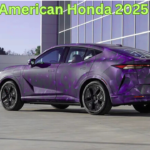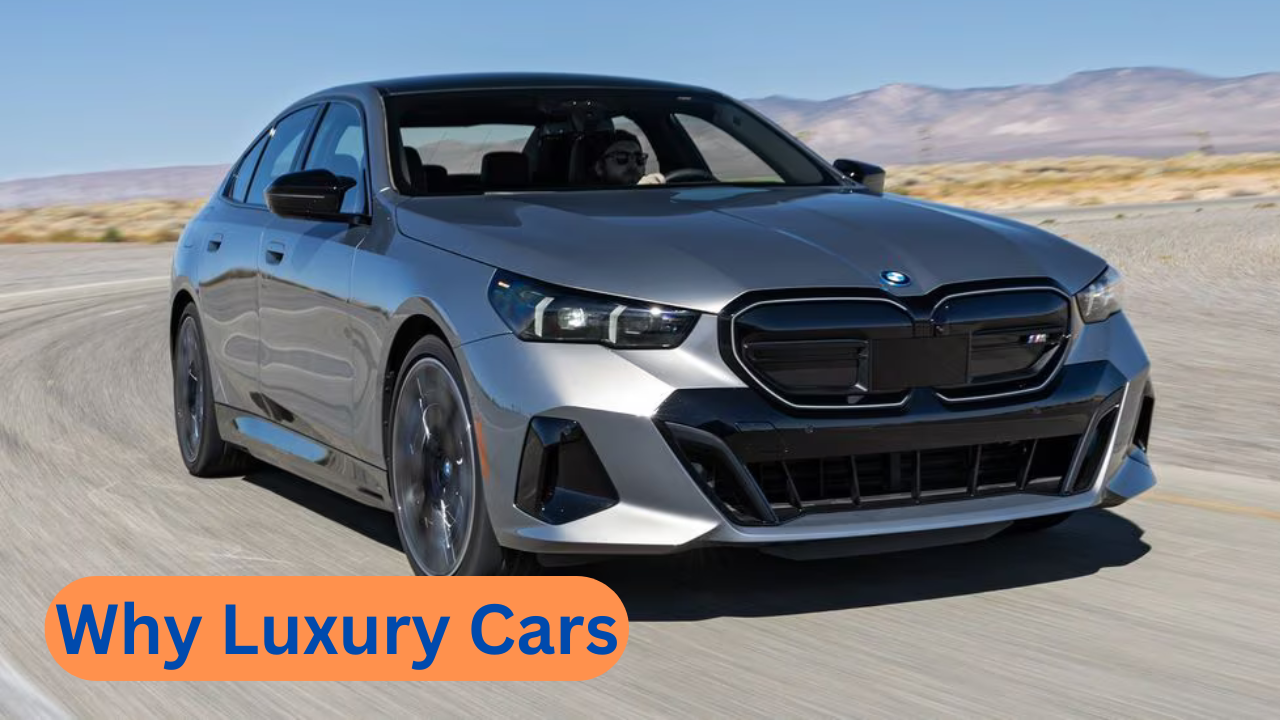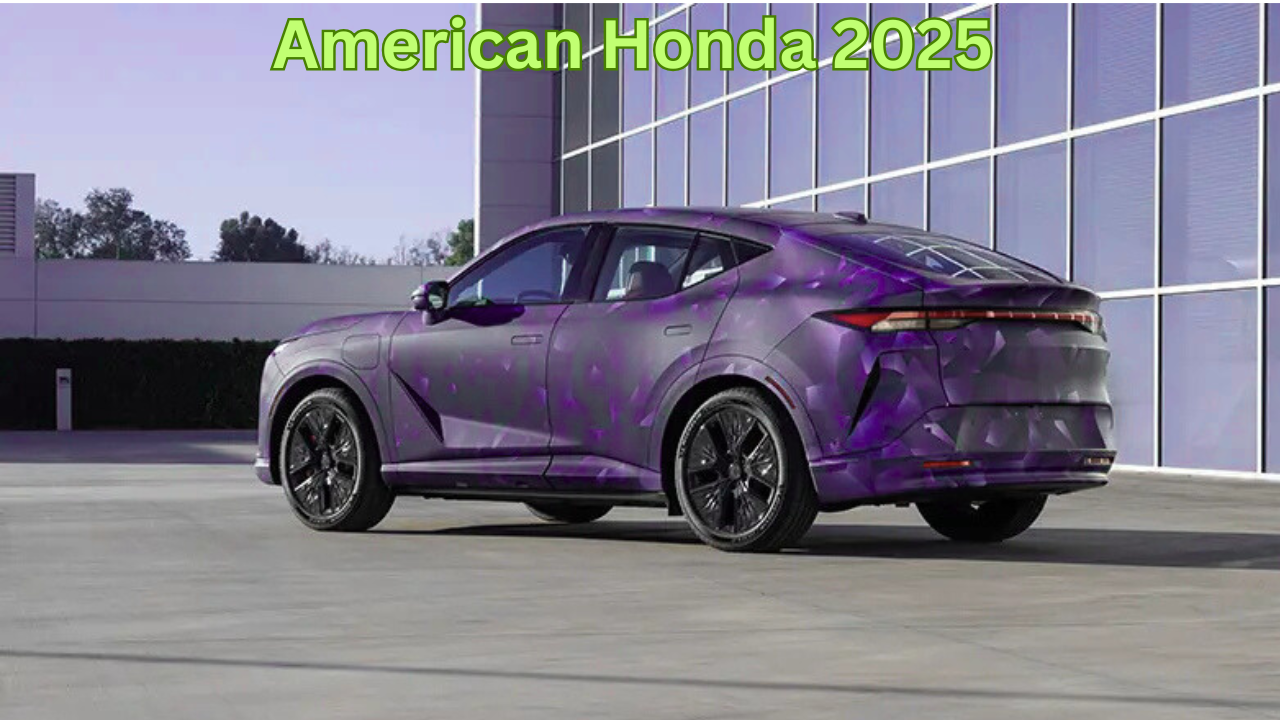Why Luxury Cars: Luxury cars are becoming more and more expensive, with no signs of prices coming down anytime soon. This trend has sparked a mixture of surprise and concern among car buyers, especially for those who are used to seeing the top-tier sedans and SUVs come with sky-high price tags. The average price for a new vehicle hit a record $49,740 in December 2024, which represents a notable 1.3% increase from the previous year. For luxury vehicles, the numbers are even more eye-popping, with vehicles from brands like Porsche, BMW, and Mercedes-Benz selling for an average of $100,000 or more. The pandemic and supply chain disruptions have played their part in pushing prices higher, but a closer look reveals deeper, more structural reasons why luxury cars are getting so expensive.
Part of the reason for the increased cost of luxury vehicles lies in the growing complexity of automotive designs and consumer demand for more features. Car buyers, especially in the luxury segment, want options—lots of them. From personalized interiors to advanced technology, consumers now expect to have a wide array of choices when purchasing a car. This desire for customization is pushing manufacturers to produce a multitude of variants, with each option adding to the final price. Additionally, the integration of cutting-edge technologies, from electric drivetrains to advanced driver-assistance systems (ADAS), has also contributed to the rise in prices. These systems not only require new materials and components but also demand higher levels of engineering and design innovation, which inevitably translates into higher manufacturing costs.
Moreover, automakers are increasingly focusing on offering unique, high-status vehicles, targeting wealthy buyers who are willing to pay premium prices for exclusivity and personalization. From limited-edition color schemes to bespoke interiors, these cars have become status symbols. Rolls-Royce, for instance, has seen an increase in demand for its high-end models, with average transaction prices for its vehicles topping $500,000 in 2024. While luxury car buyers are willing to spend more, they are also getting more for their money in terms of performance, design, and unique features, further fueling the upward trajectory of prices.
Specifications of Expensive Luxury Cars
Luxury vehicles come with an impressive range of specifications that make them stand out in terms of performance, design, and technology. Let’s take a look at some of the key specifications that contribute to the higher price tags of luxury cars in 2025.
| Specification | Details |
|---|---|
| Engine Type | V6, V8, or electric powertrains, with hybrid and performance options available |
| Power Output | Ranges from 300 HP to over 1,000 HP in high-performance models |
| 0-60 mph Time | 3 to 5 seconds, depending on the model and drivetrain |
| Transmission | Automatic, Dual-Clutch, or Continuously Variable Transmission (CVT) |
| Interior | Luxury materials like Napa leather, wood trim, carbon fiber accents |
| Infotainment | Advanced touchscreen displays, voice recognition, wireless Apple CarPlay & Android Auto |
| Safety Features | ADAS, Lane Assist, Adaptive Cruise Control, Collision Mitigation, Automatic Emergency Braking |
| Drive Type | AWD, RWD, or 4WD depending on the model |
| Warranty | 4-6 years, depending on the manufacturer |
| Price Range | $60,000 to $500,000+ depending on brand and customization |
Features That Define Luxury Cars
Luxury cars are known for their superior build quality, exquisite design, and the high level of comfort and technology they offer. These features not only enhance the driving experience but also contribute significantly to the rising costs of these vehicles.
Advanced Technology
Incorporating state-of-the-art technology is one of the primary reasons for the high prices of luxury cars. Features such as self-driving capabilities, augmented reality displays, and advanced infotainment systems make these vehicles stand out. High-end audio systems, such as those found in Mercedes-Benz’s Burmester or Audi’s Bang & Olufsen setups, elevate the audio experience.
Customization
Many luxury car brands now offer extensive customization options, allowing buyers to tailor their vehicles to their specific tastes. From bespoke interior colors to exclusive exterior paint jobs, these customization options significantly raise the final cost of the vehicle. Rolls-Royce, for example, allows customers to choose from over 44,000 colors and personalize every aspect of their car, from the stitching on the seats to the wood trim on the dashboard.
Also read: Audi RS Q8 Performance Bookings Now Open
Comfort and Design
Luxury cars are also known for their unparalleled comfort and design. High-quality materials such as hand-stitched leather seats, polished wood accents, and custom flooring are standard in many luxury vehicles. In addition, these cars often feature noise-cancelling cabins, adjustable mood lighting, and advanced climate control systems to provide an exceptional driving environment.
Performance That Delivers
When it comes to performance, luxury cars are engineered to deliver exceptional power, precision, and handling. These vehicles are equipped with high-performance engines that offer smooth acceleration and top-tier driving dynamics. For example, the Porsche 911 Turbo offers over 640 horsepower and accelerates from 0 to 60 mph in just 2.7 seconds, making it a standout in the luxury sports car category.
Moreover, luxury automakers are investing heavily in hybrid and electric powertrains, aiming to offer performance that is both eco-friendly and powerful. The Mercedes-Benz EQS, for example, combines a luxurious interior with a dual-motor electric powertrain, offering a 0-60 mph time of just 4.1 seconds, all while producing zero emissions.

Price Details and Launch Dates
As luxury car prices continue to soar, it’s important to understand the price details and the launch dates of some of the most popular models in 2025. Here’s a look at the price range and launch dates for a few luxury vehicles:
| Model | Launch Date | Price Range |
|---|---|---|
| Porsche 911 Turbo | March 2025 | $135,000 – $200,000 |
| Mercedes-Benz EQS | April 2025 | $102,000 – $177,000 |
| Rolls-Royce Phantom | May 2025 | $600,000+ |
| BMW M5 Competition | June 2025 | $115,000 – $130,000 |
| Tesla Model S Plaid | February 2025 | $130,000 – $150,000 |
Unique Selling Points of Luxury Cars
Luxury cars offer several unique selling points that make them worth the hefty price tag. Here are some of the key selling points:
- Exclusivity: Many luxury brands limit production of their models to maintain exclusivity and rarity, making these vehicles highly desirable for buyers who want something rare and unique.
- Cutting-Edge Technology: Luxury vehicles are at the forefront of automotive innovation, with the latest in self-driving technology, electric drivetrains, and advanced safety features.
- Unmatched Comfort: From massaging seats to climate-controlled interiors, luxury cars provide a level of comfort that is hard to beat.
- Prestige: Owning a luxury car is often a status symbol, representing wealth, taste, and sophistication.
- Customization: Buyers can personalize nearly every aspect of their vehicle, from color to interior design, making the car truly one-of-a-kind.
Why Luxury Cars Conclusion
In recent years, the luxury car market has seen dramatic price hikes, with buyers increasingly willing to pay for premium features, top-notch performance, and exclusive designs. The shift towards higher prices has not been accidental; rather, it’s a combination of consumer demand for more choices and advanced technology, the high cost of materials and production, and automakers’ strategic decisions to push prices upward for better profit margins. In this dynamic landscape, it’s clear that the automotive industry is adjusting to a new reality—one where the value placed on customization, luxury, and innovation has directly influenced pricing strategies.
One of the key drivers behind these increases is the growing complexity in the manufacturing process. Consumers today expect far more than just a reliable car; they demand personalized options, high-tech interiors, and innovative features that push the limits of what vehicles can do. From hybrid powertrains to advanced driver-assistance systems, the cost of incorporating cutting-edge technology into every model adds up. As automakers respond to these demands, the cost of production inevitably rises, resulting in higher prices for consumers.
Additionally, automakers are hedging their bets on future technologies, with increased investment in electric vehicles, autonomous driving systems, and sophisticated infotainment options. While these innovations promise to revolutionize the way we drive, they also come with hefty price tags. For example, the development of electric powertrains and sustainable materials is not only costly but requires manufacturers to rethink how cars are designed and produced. As these technologies become more mainstream, it’s expected that the price of luxury vehicles will continue to reflect the significant investments required to stay ahead of the competition.
In conclusion, while the rising prices of luxury cars may feel like a trend driven solely by inflation or corporate greed, they are deeply rooted in the shifting expectations and desires of modern consumers. As long as buyers continue to demand more advanced features, more personalization, and the highest standards of design and performance, automakers will continue to adapt. The luxury car market is entering a new era, and it seems that for now, higher prices are here to stay—reflecting not only the cars themselves but also the lifestyle and status they convey.
Why Luxury Cars FAQ
Can I still find affordable luxury cars?
While most luxury cars have become more expensive, there are still some relatively affordable options in the market. Automakers like Audi, BMW, and Mercedes-Benz offer entry-level luxury models that are priced lower than their flagship vehicles, though these still come with premium features and performance compared to standard vehicles.
Why are luxury cars becoming so expensive?
Luxury cars are becoming more expensive due to the rising demand for advanced technology, bespoke options, and higher-quality materials. Consumers want cars that offer performance, comfort, and innovation, which drives up production costs. Additionally, automakers are investing heavily in new technologies like electric powertrains and autonomous systems, contributing to the increased prices.
Are the high prices of luxury cars worth it?
Whether the high prices are worth it depends on the buyer’s preferences. Luxury vehicles offer premium features such as advanced safety systems, cutting-edge infotainment, top-tier performance, and extensive customization options. For buyers who value these aspects, the price increase may be justified.
How much has the price of luxury cars increased in recent years?
From 2020 to 2024, new-car prices across all segments, including luxury cars, increased by more than 20%. Luxury vehicle prices have risen sharply, with some models now averaging over $100,000. This trend is driven by consumer demand for more customization and advanced technology, along with rising manufacturing costs.
What features are pushing the price of luxury cars higher?
Features such as hybrid or electric powertrains, advanced driver-assistance systems, customizable interiors, and high-tech infotainment systems are driving up the cost of luxury cars. Additionally, manufacturers are investing in the development of autonomous driving technologies and sustainable materials, which also add to the cost.
How do automakers set the prices for luxury cars?
Automakers set prices for luxury cars based on several factors, including the cost of production, the desired profit margin, the price points of competing models, and the perceived value of the vehicle. They also consider market trends and the added cost of innovations like electric powertrains or advanced safety features.
Are luxury car prices expected to keep rising?
Yes, luxury car prices are expected to continue rising, particularly as automakers invest more in electric and autonomous vehicle technologies. The demand for high-end features and customization is unlikely to slow down, which means that prices will likely remain high for the foreseeable future.










